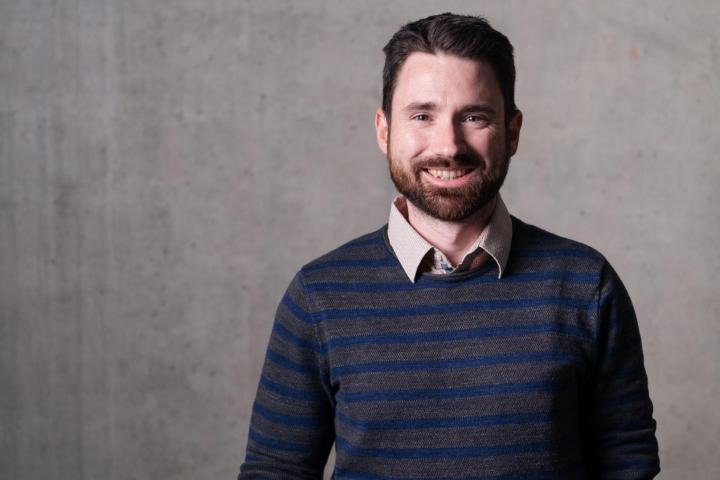
Michal Kuzmič has been involved in technological innovations in the construction and energy sectors for over ten years. In addition to working with industry, his main focus so far has been on strategic cooperation and management of innovation projects with cities. He has secured involvement in six Horizon 2020 and Horizon Europe projects for CTU UCEEB and represented CTU in a number of European and national initiatives focusing on urban innovation. He graduated in International Business at the FE of PUEB and Security Studies at the FSS of CU. He spent part of his studies at the University of Copenhagen in Denmark. "My goal in my new position is to strengthen the already close link between research and practice. CTU UCEEB has long supported both businesses in the field and public administrations to innovate quickly and efficiently. They have an independent partner in CTU UCEEB who provides them with top innovation services," said Michal Kuzmič, the new Head of Business and Interdisciplinary Cooperation.
This department handles the acquisition of contract research projects, develops opportunities for the acquisition and implementation of research grant projects on interdisciplinary topics and is responsible for relations with key partners. The department also includes a programme to support SMEs developing innovative products and services in the building construction sector - the UCEEB Innovation Vouchers. These can cover up to 75% of the cost of research and development services provided to companies by UCEEB. The amount of subsidies for individual companies ranges from CZK 50,000 to CZK 1 million.
"The pressure on the competitiveness of SMEs in the construction and related industries has been enormous in recent years. Companies must constantly look for ways to convince investors that their solutions are not only innovative, but also technically and economically proven. Therefore, the possibility of cooperation with a renowned research organisation under very favourable conditions, where the company pays only 25% of the costs, is a significant advantage," states Robert Jára, Director of CTU UCEEB, rounding up benefits of the vouchers.
The vouchers, which companies can apply for since December last year, are covered by the Operational Programme Technology and Applications for Competitiveness. They can be applied to a wide range of construction services offered by UCEEB under the programme. Specifically, these include reducing the carbon footprint, environmental impacts throughout the building life cycle, improving user comfort, product health, building operational safety, digitalisation and automation in the construction sector and marketing innovation. For more information, visit: https://www.uceeb.cz/cz/uceeb-inovacni-vouchery/.
CTU UCEEB was established under the Science and Research for Innovation Programme (OP VaVpI). It was opened in mid-May 2014 as an interdisciplinary scientific research institute of CTU. Its aim is to contribute to the reduction of energy consumption and environmental burden in the buidling construction industry. Currently, the centre has 19 research teams with nearly 200 experts working on topics such as circular construction, renewable energy, urban ecohydrology and the indoor environment of buildings.